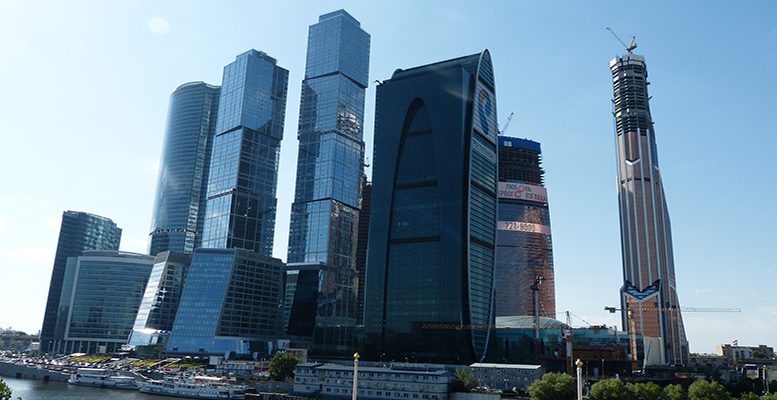Atradius Research | Using a policy of fiscal austerity and credible inflation targeting, the Russian government has successfully insulated its economy from external shocks, including sanctions. Despite its success, the ‘Fortress’ strategy has also come at a cost: discontent among the population is growing over stagnating economic growth and declining real incomes. If Russia is to raise its income level, more robust reforms are needed to overcome structural impediments to growth, such as the large state footprint.
On September 19 2021, parliamentary elections will be held in Russia. These elections will be an important electoral challenge for the United Russia party and its de facto leader President Vladimir Putin. The ruling United Russia party won a supermajority (343 out of 450 seats) in the Duma, the lower parliament, in the 2016 election.
Whether this is still the case after the upcoming elections, is uncertain. Discontent among the population is growing over low economic growth and government cutbacks, translating into stagnating (or even declining) real incomes. Popularity of the president and government have come under pressure, as has the assessment of the overall direction of the country. About 65% of Russians approve of President Putin, compared to 85% around the annexation of Crimea and the war in Eastern Ukraine (2014). At the same time, only 50% of Russians approve of the government in general and the same percentage thinks the country is going in the right direction. On both indicators, the score was around 60% in 2014. United Russia is polling around 30% of the vote for the upcoming parliamentary elections, compared to 54% of the popular vote it gained in the 2016 elections.
Despite its declining popularity, the voting system does work in favour of United Russia. Half of the Duma seats are allocated through a proportional representation party list voting, with a threshold of 5%. The other half is appointed through majority voting, where one deputy is elected for one constituency. In this electoral system, the vote is skewed in favour of the largest party, which is United Russia. According to latest projections, United Russia could lose its supermajority (two-thirds of the seats), but they are almost certain to retain a normal majority. Furthermore, United Russia can lean on several opposition parties that are considered ‘regime friendly’,such as the Communist Party, the Liberal Democratic Party and the party ‘A Just Russia’. The ability of other opposition parties to compete on a level playing field islimited, as it is more difficult for them to get on the ballot, they have limited access to the media, and there are layers of bureaucratic restrictions.
Read More…





